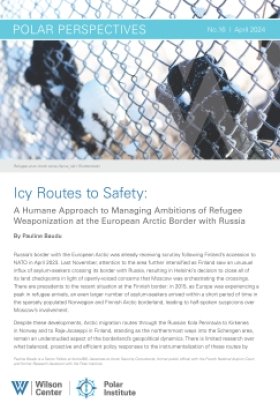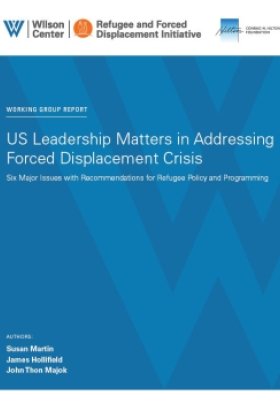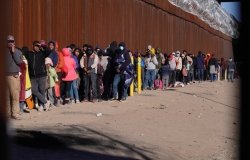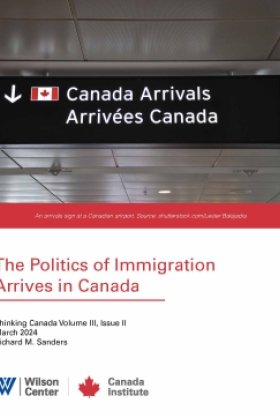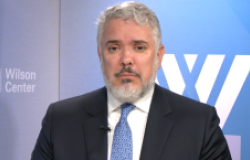#151 Migration and United States-Latin American Relations in the 1980s
By Michael S. Teitelbaum
From the Introduction
Over the past decade, "the importance of international migration for United States- Latin American relations has become increasingly apparent. In part this is because of the substantial growth in the size of such migration streams, much of which is outside both international and municipal codes of law. In addition, the same period has seen two classic "crystallizing crises" which served to highlight the connections between foreign affairs and migration from "the United States' perspective--the mass movement of 130,000 Cubans from Mariel Harbor to Florida within a few months in 1980, and the influx of 30,000-40,000 Haitian migrants by boat, both movements in violation of United States' immigration laws.
The perception is that the growth of illegal migration and the Cuban influx demonstrates that immigration is "out of control"--a characterization widely used by persons at all points along the United States' political spectrum.
Related Program

Latin America Program
The Wilson Center’s prestigious Latin America Program provides non-partisan expertise to a broad community of decision makers in the United States and Latin America on critical policy issues facing the Hemisphere. The Program provides insightful and actionable research for policymakers, private sector leaders, journalists, and public intellectuals in the United States and Latin America. To bridge the gap between scholarship and policy action, it fosters new inquiry, sponsors high-level public and private meetings among multiple stakeholders, and explores policy options to improve outcomes for citizens throughout the Americas. Drawing on the Wilson Center’s strength as the nation’s key non-partisan policy forum, the Program serves as a trusted source of analysis and a vital point of contact between the worlds of scholarship and action. Read more


